An Overview of Google Cloud Platform Course
The Google Cloud Platform Course in Coimbatore is intended to provide students a thorough understanding of cloud computing, focusing on key services like Compute Engine, Cloud Storage, BigQuery and Cloud Functions. Through Google Cloud Platform training in Coimbatore, participants gain hands-on experience with real-time projects, practical labs and guided exercises led by industry experts. Enrolling in the Google Cloud Platform Certification Course in Coimbatore enhances cloud skills, improves employability and opens doors to high-demand roles in IT and cloud-driven industries. Completing the Google Cloud Platform course equips learners to confidently manage cloud infrastructure, implement scalable solutions and excel in professional cloud computing careers. Additionally, Google Cloud Platform training courses expose students to real-world situations, guaranteeing that they acquire useful problem-solving skills in complex cloud systems.
Additional Info
Future Trends for Google Cloud Platform Training
- Multi-Cloud Integration:
Companies are becoming less dependent on a single cloud provider. Multi-cloud tactics guarantee dependability and flexibility. Businesses are using multi-cloud strategies to effectively manage workloads across GCP, AWS and Azure. The focus of Google Cloud Platform training is on service integration for smooth operations. Learners become proficient in cost management, task relocation and resource optimization. Experts in multi-cloud are widely sought after in business IT settings.
- Serverless Computing Growth:
Application deployment is being revolutionized by serverless computing, which does away with server management. Developers can focus on writing code with it. Cloud Functions and Cloud Run for event-driven applications with automatic scalability are now covered in GCP training. Students are tasked with creating scalable solutions that reduce overhead expenses. The training covers serverless process monitoring, troubleshooting and optimization. Serverless architecture specialists are in great demand.
- AI and Machine Learning Integration:
Artificial intelligence is transforming how businesses utilize cloud platforms. ML models provide predictive insights and automation. Google Cloud Platform training introduces Vertex AI and other AI tools for building, training and deploying models. Students gain experience in preprocessing data, optimizing models and implementing ML solutions. AI-driven cloud applications improve decision-making and efficiency. Proficiency in AI/ML enhances career prospects in cloud computing.
- Enhanced Security Practices:
As more businesses move to the cloud, cybersecurity has emerged as a top concern. Sensitive information must be protected. Identity management, encryption, firewall rules and threat detection are the main topics of GCP training. Practical exercises provide mitigation measures and mimic attacks. Students gain proficiency in risk assessment and compliance monitoring. Professionals with a security expertise are in great demand for cloud positions.
- Edge Computing Adoption:
Edge computing adoption is being driven by low-latency applications. Processing data closer to users improves performance. GCP training covers deploying edge solutions and integrating them with cloud infrastructure. Learners explore IoT applications and real-time analytics at the edge. Data flow optimization, latency reduction and secure connection maintenance are among the skills. In hybrid cloud systems, knowledge of edge computing is becoming more and more valuable.
- Containerization and Kubernetes:
Containers are essential for scalable and consistent cloud deployments. Kubernetes simplifies container orchestration and management. Training includes deploying and managing containers with Google Kubernetes Engine. Participants learn microservices architecture, automated scaling and security best practices. Learners gain hands-on experience in monitoring and troubleshooting containerized apps. Kubernetes skills are highly sought after by modern enterprises.
- Cloud Automation and DevOps:
Automation decreases human error and speeds up cloud deployment. DevOps techniques improve the effectiveness of operations. Cloud Build, Terraform, Infrastructure as Code and CI/CD pipelines are all covered in GCP training. Participants gain knowledge of effective infrastructure management, performance monitoring and deployment automation. Training guarantees that students can manage complex cloud environments with little assistance from humans. Proficiency in cloud automation is a crucial distinction for a career.
- Big Data and Analytics Expansion:
Data is the foundation of business decisions today. GCP enables scalable big data processing and analysis. Training focuses on BigQuery, Dataflow and Dataproc for large-scale data analysis. Learners gain skills in data transformation, visualization and reporting. They also explore optimizing queries for cost and performance. Analytics expertise on GCP is highly valued across industries.
- Cloud Initiatives:
An increasingly important consideration in cloud adoption is sustainability. Companies aim to reduce their carbon footprint. GCP training introduces energy-efficient practices, resource optimization and eco-friendly deployment strategies. Learners explore sustainable cloud architecture and cost-effective solutions. Professionals gain skills in balancing performance with environmental responsibility. Green cloud expertise aligns with corporate ESG goals.
- Expansion of Cloud-Native Services:
Cloud-native solutions reduce operational complexity and enhance scalability. They enable faster deployment of modern apps. Training covers serverless databases, managed AI APIs and fully managed services on GCP. Participants learn to leverage these services for efficient, scalable and secure applications. Cloud-native proficiency prepares learners for advanced enterprise roles. Professionals skilled in cloud-native solutions are highly sought after in the market.
Tools and Technologies of Google Cloud Platform Training
- Google Compute Engine:
Google Compute Engine provides virtual machines that allow organizations to run workloads in the cloud with high flexibility. Learners in GCP training gain hands-on experience configuring instances, choosing machine types and optimizing performance. Students explore networking, firewalls and storage integration for real-world applications. Compute Engine is ideal for hosting scalable web applications and databases. Training emphasizes cost management and resource allocation strategies. Mastering this tool helps participants handle enterprise-level cloud deployments efficiently.
- Google Cloud Storage:
Google Cloud Storage is a scalable object storage a way to manage and store vast amounts of data. Participants learn to create buckets, manage access controls and implement lifecycle policies. GCP training covers storing structured and unstructured data securely. Students also investigate redundancy and performance optimization strategies. For smooth processes, Cloud Storage connects with other GCP services. Best methods for backup and encryption are covered in the training. Skills in Cloud Storage are critical for cloud-based data management and analytics projects.
- BigQuery:
Google Cloud's fully managed data warehouse for conducting analytics on huge datasets is called BigQuery. Students work on effectively evaluating data and executing SQL queries. The tool connects with visualization systems such as Data Studio and offers real-time analytics. GCP training places a strong emphasis on cost reduction and query performance optimization. Additionally, students research data import/export techniques and table partitioning. Analysts and data engineers must be proficient with BigQuery. By mastering BigQuery, professionals may extract meaningful insights from company data.
- Google Cloud Functions:
Cloud Functions is a serverless computing tool that executes code in response to events. Participants in GCP training learn to build scalable applications without managing infrastructure. Students practice writing functions for storage triggers, HTTP requests and Pub/Sub messages. The tool simplifies event-driven programming and automation workflows. Learners also explore debugging, logging and monitoring Cloud Functions. For smooth development, Cloud Functions interfaces with other GCP services. Gaining proficiency with this technology equips users to create contemporary cloud applications.
- Google Kubernetes Engine (GKE):
GKE enables deployment and management of containerized applications using Kubernetes. Training covers creating clusters, deploying microservices and scaling workloads automatically. Rolling updates, load balancing and container orchestration are taught to students. GKE incorporates network policies and security procedures like RBAC. Students get practical experience with Kubernetes cluster monitoring and troubleshooting. GCP training places a strong emphasis on cost control and effective resource use. Proficiency in GKE is highly valuable for modern cloud-based DevOps environments.
- Cloud Pub/Sub:
Building event-driven apps and real-time data pipelines is the goal of the communications app Cloud Pub/Sub. Students have experience publishing and receiving messages in a scalable setting. Creating dependable message flows and guaranteeing fault tolerance are two aspects of GCP training. For automation, students investigate combining Pub/Sub with additional cloud services. Asynchronous communication between dispersed apps is supported by the tool. Monitoring, logging and message acknowledgment systems are covered in training. Mastering Pub/Sub enables building robust, scalable cloud architectures.
- Cloud Dataflow:
A fully managed solution for batch and stream data processing is Cloud Dataflow. Learners gain skills in building ETL pipelines and analyzing real-time data streams. GCP training focuses on using Apache Beam SDK for pipeline creation. Students explore windowing, triggers and aggregation techniques. Dataflow integrates seamlessly with BigQuery and Cloud Storage for analytics workflows. Proficiency with Dataflow enables professionals to effectively manage large data situations.
- Cloud Deployment Manager:
GCP's infrastructure-as-code solution for cloud resource management is called Deployment Manager. Writing YAML and Jinja templates to automate deployments is covered in the training. Learners gain hands-on experience in creating, updating and deleting resources efficiently. The tool minimizes human mistake and guarantees consistency. Students investigate version control and dependency management for deployments. Best practices for automation, scalability and reproducibility are emphasized in the training. Mastering Deployment Manager enhances productivity in enterprise cloud environments.
- Stackdriver / Cloud Operations Suite:
Stackdriver (now Cloud Operations Suite) provides monitoring, logging and alerting for cloud applications. Learners practice tracking performance, detecting anomalies and troubleshooting issues. GCP training covers setting up dashboards and alerts for proactive incident management. Students explore integrating metrics and logs from multiple services. The tool enhances observability and ensures reliability in cloud deployments. Training emphasizes cost optimization and efficiency improvements. Expertise in Cloud Operations Suite helps maintain stable, high-performing cloud systems.
- Cloud Spanner:
Cloud Spanner is a relational database that is globally distributed and completely controlled service. Designing scalable, high-availability databases is taught in GCP training. Students gain knowledge of replication techniques, transactional consistency and schema construction. Cloud Spanner interfaces with BigQuery for analytics and enables SQL queries. Students get hands-on experience managing heavy workloads and performance optimization. Training emphasizes security, backups and failover strategies. Proficiency in Cloud Spanner prepares professionals to manage enterprise-grade database solutions effectively.
Roles and Responsibilities of Google Cloud Platform Training
- Cloud Solutions Architect:
A Cloud Solutions Architect designs and implements scalable cloud solutions using Google Cloud services. They evaluate business needs and provide appropriate architectures. Experts set up computing, networking and storage resources for optimum efficiency. They also guarantee that solutions adhere to legal and security requirements. To incorporate cloud-native services, architects work in tandem with development teams. Developing dependable corporate applications requires a thorough understanding of GCP technologies.
- Cloud Engineer:
Cloud Engineers manage and maintain cloud infrastructure on GCP. They deploy virtual machines, configure storage and monitor system performance. Professionals handle automation scripts and optimize resource usage. Engineers troubleshoot technical issues and ensure high availability. They work closely with architects to implement cloud strategies. Hands-on knowledge of GCP services is critical for this role.
- Data Engineer:
Data Engineers design, build and manage data pipelines using GCP tools like BigQuery, Dataflow and Cloud Storage. They transform and process structured and unstructured data for analytics. Professionals ensure data quality, integrity and security. They also optimize queries and manage workflow efficiency. Collaboration with analysts and developers is essential for project success. Strong GCP training is crucial to handle enterprise-level datasets.
- Cloud Security Analyst:
Cloud security analysts protect cloud infrastructures against vulnerabilities and threats. They set up firewall rules, encryption and identity and access control procedures. Experts keep an eye on logs and quickly identify any irregularities. They assess compliance with industry standards and recommend security enhancements. Analysts respond to incidents and mitigate risks promptly. In-depth GCP training equips them to protect sensitive organizational data.
- DevOps Engineer:
DevOps engineers oversee CI/CD pipelines on GCP and automate deployment procedures. For effective operations, they make use of tools like Terraform, Kubernetes and Cloud Build. Experts keep an eye on performance and guarantee that applications are delivered continuously. To improve workflows, they work together with the operations and development teams. DevOps engineers use automation to minimize human mistake. GCP proficiency is necessary to manage contemporary cloud-based DevOps settings.
- Cloud Consultant:
Cloud Consultants advise organizations on adopting and optimizing Google Cloud solutions. They evaluate business needs, cost structures and technical requirements. Professionals recommend suitable services and migration strategies. They guide teams on best practices for scalability and security. Consultants also provide troubleshooting support and strategic planning. Strong GCP training ensures they deliver effective, actionable recommendations.
- Network Engineer:
Network Engineers design, implement and manage cloud networks on GCP. They configure VPCs, VPNs and firewalls for secure connectivity. Professionals monitor traffic flow, troubleshoot issues and optimize performance. They ensure reliable and low-latency connections for enterprise applications. Engineers collaborate with security and cloud teams for integrated solutions. Training in GCP networking tools is vital to maintain efficient cloud infrastructures.
- Cloud Administrator:
Cloud administrators are in charge of managing Google Cloud setups on a daily basis. They oversee resource allocation, service setups and user access. Professionals maintain system integrity and monitor performance metrics. Administrators assist with troubleshooting and system updates. Comprehensive training on GCP services is necessary for the efficient administration of enterprise cloud infrastructures.
- Machine Learning Engineer:
Machine Learning Engineers implement AI and ML solutions using GCP tools like Vertex AI. They prepare datasets, train models and deploy predictive analytics applications. Experts guarantee that models are precise, scalable and effective. They work together with analysts and data engineers to improve workflows. Engineers keep an eye on the model's performance and make constant adjustments. They are prepared to use cloud-based machine learning capabilities for business solutions thanks to GCP training.
- Cloud Support Specialist:
Cloud Support Specialists help businesses fix technical problems with GCP services. They include instructions for deployment, configuration and troubleshooting. Experts keep an eye on cloud performance and escalate complicated problems as needed. They assist teams in implementing best practices and document solutions. Strong training in GCP tools allows them to deliver reliable and prompt support.
Companies Hiring for Google Cloud Platform Professionals
- Google:
For professionals with Google Cloud Platform training, Google itself is a top employer. They look for professionals that can create scalable solutions and manage cloud infrastructure. Experts with GCP training can help with the creation and improvement of cloud services. Workers collaborate on projects that use Cloud Functions, BigQuery and Compute Engine. People with automation, security and performance monitoring skills are valued by Google. It is really desirable to have practical GCP experience. Professionals with certified GCP are regarded as essential resources for product development and innovation.
- Amazon Web Services (AWS):
AWS hires cloud specialists who are familiar with multi-cloud configurations and GCP interaction. Experts can assist organizations in deploying hybrid clouds. Professionals manage cloud workloads, optimize productivity and ensure data protection. Workload migrations between platforms are made easier by staff members who have received GCP training. They also contribute to analytics and machine learning projects. AWS values professionals who can bridge expertise across major cloud platforms.
- Microsoft Azure:
Microsoft actively recruits GCP professionals for hybrid and multi-cloud solutions. Skilled professionals help integrate GCP services with Azure workloads. They design, deploy and manage scalable cloud applications. GCP-trained individuals assist in optimizing data processing and storage solutions. Security configuration and compliance management are critical responsibilities. Knowledge of GCP tools improves overall cloud architecture efficiency. Companies value these professionals for their flexibility in managing multi-cloud ecosystems.
- Infosys:
Infosys hires GCP-trained professionals to support enterprise cloud transformation projects. Employees work on building scalable infrastructure and data pipelines. Professionals deploy and manage cloud-native applications efficiently. They optimize cloud resources to reduce costs and improve performance. Infosys values GCP experts for their knowledge of automation and DevOps practices. Hands-on experience with real-time GCP projects is highly desired. GCP-trained employees contribute significantly to client cloud solutions and innovations.
- Wipro:
Wipro is looking for experts in Google Cloud Platform for enterprise solutions and cloud consultancy. Workers assist clients with hybrid infrastructure management and workload migration. They set up networking, computing and storage services to maximize efficiency. Professionals implement security protocols and monitoring solutions. GCP training guarantees that staff members comprehend sophisticated cloud topics. They also help with serverless deployments, automation and containerization. Wipro appreciates the technical know-how and problem-solving skills of certified GCP professionals.
- TCS (Tata Consultancy Services):
TCS recruits GCP-trained professionals to deliver large-scale cloud solutions for clients. Employees design and deploy infrastructure on Compute Engine, Cloud Storage and BigQuery. They manage cloud performance, security and compliance. Professionals implement DevOps practices and CI/CD pipelines for efficiency. TCS values hands-on experience with cloud-native tools and services. Employees with GCP training are essential to enterprise cloud migrations.
- IBM:
IBM employs experts in GCP for enterprise IT solutions and hybrid cloud deployments. Workers optimize workloads and assist in integrating GCP with current infrastructure. They apply scalable and safe solutions to a range of sectors. Professionals configure automation, monitoring and analytics pipelines. In order to solve complicated cloud difficulties, practical GCP training is necessary. IBM values knowledge of containerized and multi-cloud environments. Innovation, security and operational effectiveness are enhanced by certified GCP specialists.
- Accenture:
Accenture recruits cloud professionals trained in GCP for consulting and digital transformation projects. Employees work on cloud architecture, application deployment and infrastructure optimization. They handle storage, networking, and compute configurations for clients. Professionals implement secure, scalable and automated cloud solutions. GCP-certified employees are preferred for analytics, machine learning and DevOps initiatives. Hands-on experience with real-time projects enhances career growth. Accenture values GCP professionals for delivering innovative and reliable enterprise solutions.
- HCL Technologies:
HCL Technologies hires GCP-trained experts for cloud migration and management services. Employees assist in building scalable, secure cloud infrastructure for clients. They optimize performance, automate tasks and integrate cloud-native services. Professionals gain exposure to BigQuery, Dataflow and Cloud Functions. GCP knowledge enables efficient multi-cloud deployments. Hands-on project experience is critical for solving real-world client challenges. Certified GCP professionals strengthen HCL’s cloud delivery capabilities.
- Cognizant:
Cognizant seeks Google Cloud Platform professionals for enterprise cloud consulting and application modernization. Employees manage deployments, monitor performance and implement security measures. They optimize storage, compute and networking resources for efficiency. Professionals also handle automation, containerization and DevOps pipelines. GCP-trained employees contribute to analytics, AI and serverless solutions. Hands-on GCP project experience enhances practical skills. Certified professionals are highly valued for driving client cloud innovation and transformation.
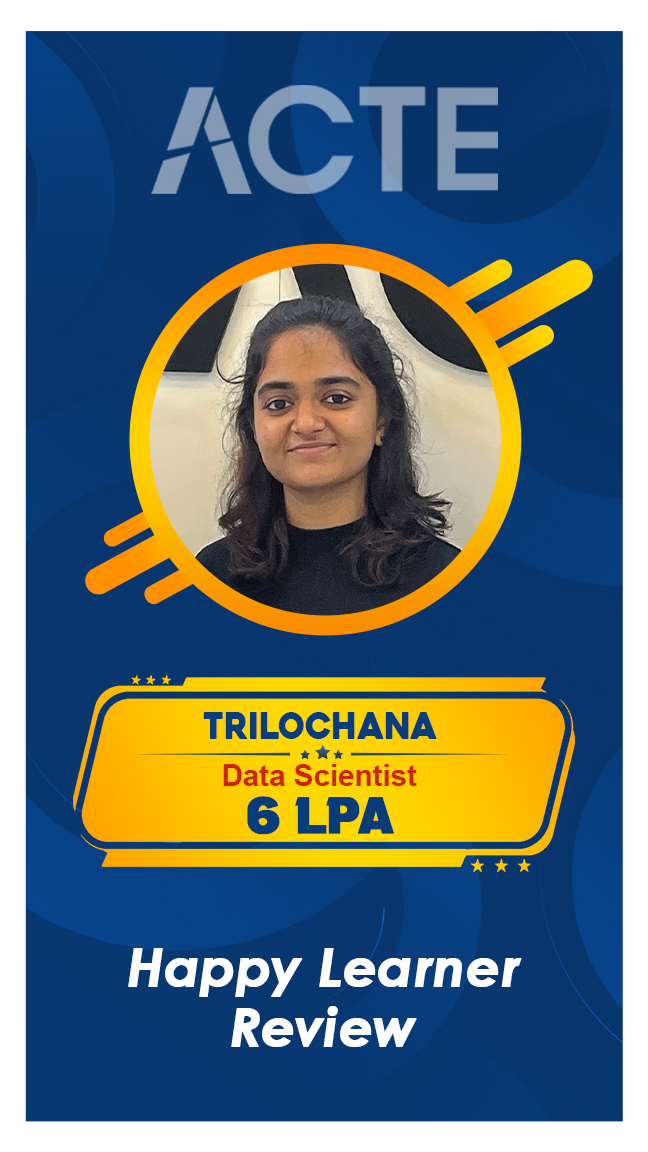
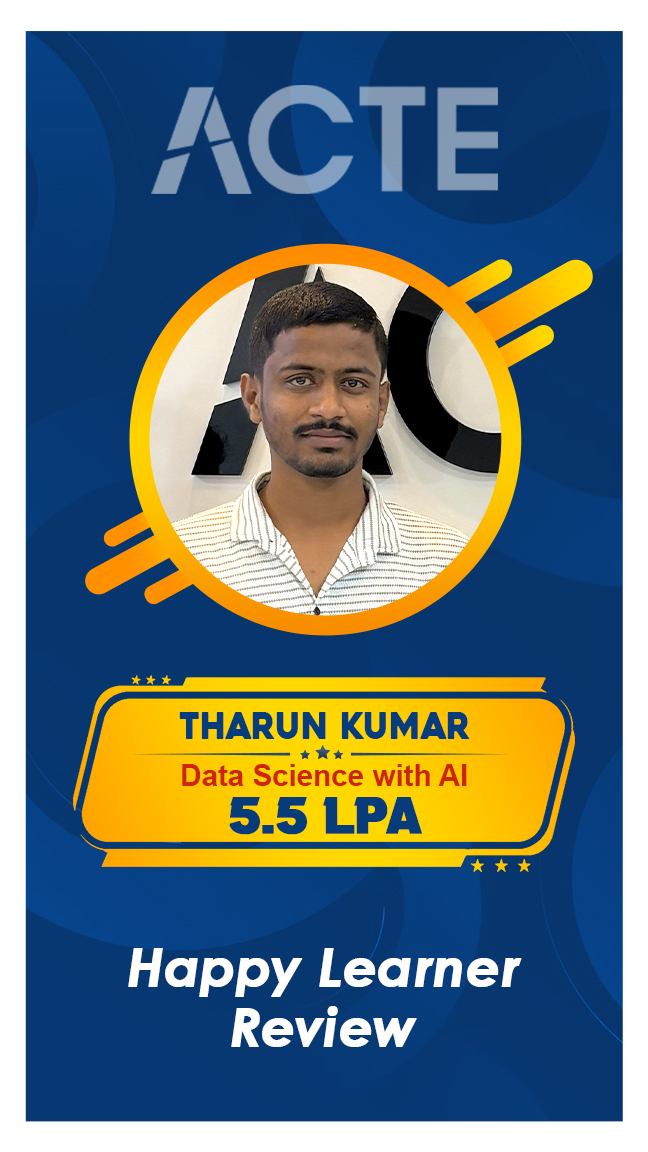
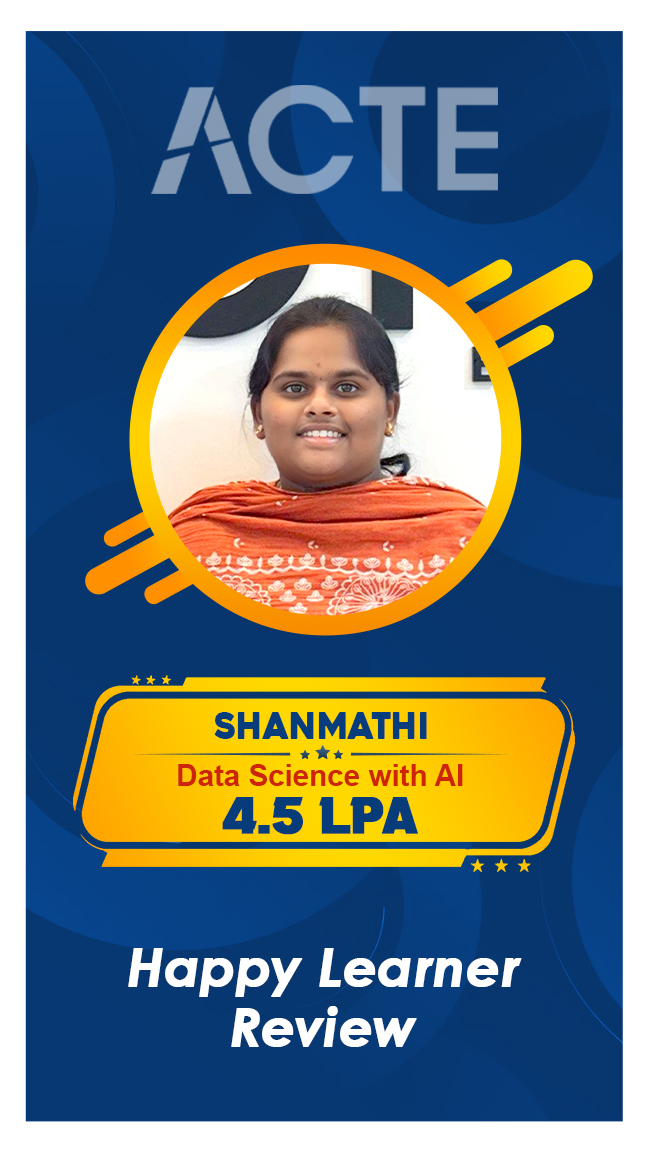
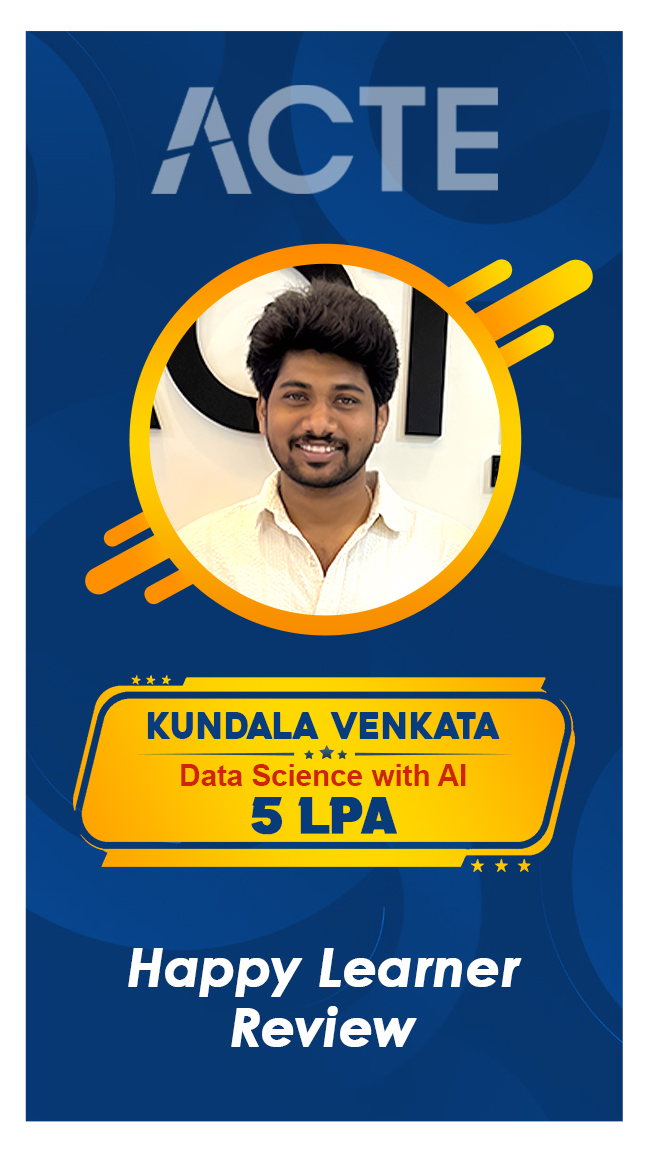








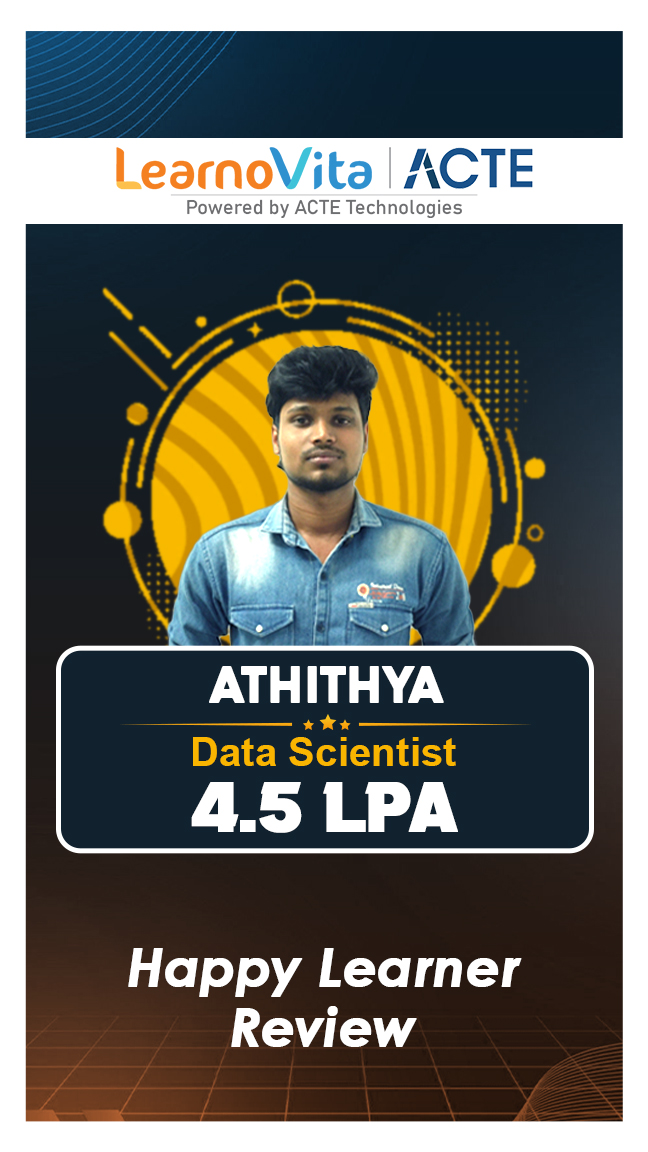






 Fees Starts From
Fees Starts From



















 Regular 1:1 Mentorship From Industry Experts
Regular 1:1 Mentorship From Industry Experts




